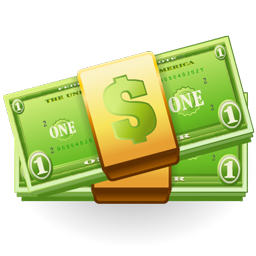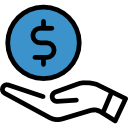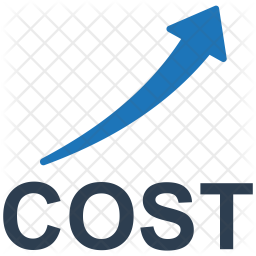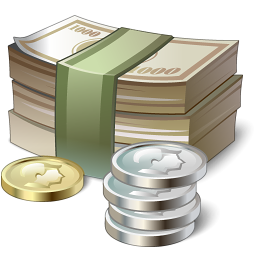Is It a Good Idea to Withdraw Cash on Your Credit Card?
Can I Withdraw Money With My Credit Card?
How Can I Withdraw Money With My Credit Card?
-
- By using an ATM (cash machine).
- By going to a branch of your credit card provider and withdrawing cash over the counter.
- By getting cashback when you pay for something in a shop. (Though most retailers will only offer this when you are using a debit card.)
Can I Withdraw Money With My Credit Card Without A Fee?
- Yes, some providers will allow you to withdraw cash from your credit card without paying a fee. However, you should remember that even when a fee is not charged, you will still have to pay interest on the amount that you withdraw.
What is a Cash Advance?
- Buying travel money or traveller’s cheques.
- Making a payment on your mortgage.
- Making payments for your utility bills.
- Purchasing gift vouchers.
- Betting or gambling (such as buying lottery tickets or spending in a casino).
- Writing credit card cheques. (Blank cheques issued by some credit card companies for you to pay with).
What Will a Cash Advance Cost?
It is also worth noting that the APR (interest rate) on cash advances is usually higher than the interest charged on making purchases. It can often be significantly higher. You will usually be charged interest on the amount that you withdraw from the day you take it out until you pay off the balance.
Of course, if you do not repay the amount in time by the date it is due, you are likely to incur fees, as well as even more interest. If you are not careful, the debt can mount quickly.
Will Getting A Cash Advance Affect My Credit Rating?
How Much Cash Can You Withdraw?
Cash advances on your credit card will usually be limited by the following factors:
- A minimum withdrawal amount (usually £10).
- A daily withdrawal limit (usually between £100 and £500)
- A weekly or monthly limit (sometimes capped at, for example, £500)
- A total advance limit (a percentage of your total credit limit available for cash withdrawals. For example, if you had a 50% advance limit, and a credit limit of £2000, you would be able to have no more than £1,000 of cash advances on your balance at any point in time).
How Can You Save Money on Cash Advances?
-
- Repay as soon as you can.
- Get all the cash you need in one go, not multiple transactions.
- Choose a card with low (or no) withdrawal fees.
- Choose the right credit card if you plan to withdraw cash abroad.
- Consider the alternatives for freeing up some cash.
What Alternatives Are There?
- Use your debit card instead if possible. Consider looking for a bank account with a free to use overdraft for emergencies.
- Transferring money from your credit card to your bank with a money transfer. Money transfers usually incur a transaction fee, but this will often be lower than the fees and interest of a cash advance.
- Consider borrowing money from family or friends for an emergency situation.
Money Pug can help you find the best solutions for managing your money, and help you to balance your budget.
Compare through MoneyPug today! and SAVE Money












